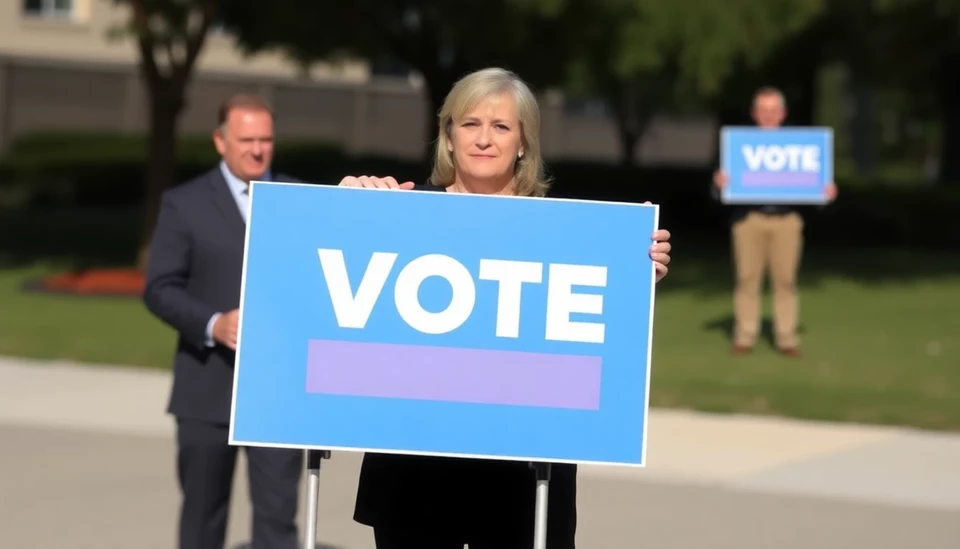
In a significant development for the state's financial landscape, Illinois voters have thrown their support behind a proposed tax measure aimed at higher-income earners. The recent referendum, which targets individuals earning over $1 million, received overwhelming backing during the recent election cycle.
The proposal, known as the "Fair Tax Amendment," aims to introduce a graduated income tax specifically for those in the high-income bracket, effectively imposing an additional tax burden on wealthy residents. This measure is part of a broader effort to alleviate the financial strains on the state, which has faced escalating budget deficits and funding shortfalls in various sectors, including education and infrastructure.
Proponents of the measure argue that it is essential for ensuring equitable tax distribution across Illinois' diverse population. They assert that those who can afford to contribute more should do so, thereby allowing the state to invest in critical public services without disproportionately impacting lower-income residents. The passage of this proposal is seen as a milestone victory for advocates supporting economic reforms aimed at the upper echelon of earners.
The results from the recent polling data revealed that approximately two-thirds of voters were in favor of the measure. The overwhelming support signals a shift in public sentiment regarding taxation and wealth distribution in Illinois, particularly as residents continue to grapple with rising costs of living and concerns over public service funding.
In response to the approval, state officials have expressed optimism about the potential revenue generated from the new tax structure. They project that this tax could bring in hundreds of millions of dollars annually, funds that are urgently needed to address the state's ongoing fiscal challenges. However, critics have raised alarms about possible negative repercussions, including the potential for wealthy residents to seek residency in states with more favorable tax conditions.
The debate surrounding the millionaire tax proposal has reignited discussions about wealth inequality and the role of taxation in balancing state budgets. As Illinois moves forward with implementing these changes, the implications for residents and the broader economy will be closely monitored. Observers from both sides of the political spectrum are eager to see how this new tax structure will unfold in the coming fiscal years.
As the state prepares to enact the new legislation, it remains to be seen whether this bold tax measure will yield the anticipated benefits without deterring high-income earners from staying in Illinois. The future of the proposal will play a crucial role in shaping the state’s financial health and its approach to equitable taxation moving forward.
In summary, Illinois voters have clearly voiced their commitment to an equitable tax system by supporting the new tax measure geared towards high-income earners. Only time will tell how this decision will unfold economically and socially within the state.
#IllinoisTax #FairTax #MillionaireTax #EquityInTaxation #EconomicReform
Author: Rachel Greene




